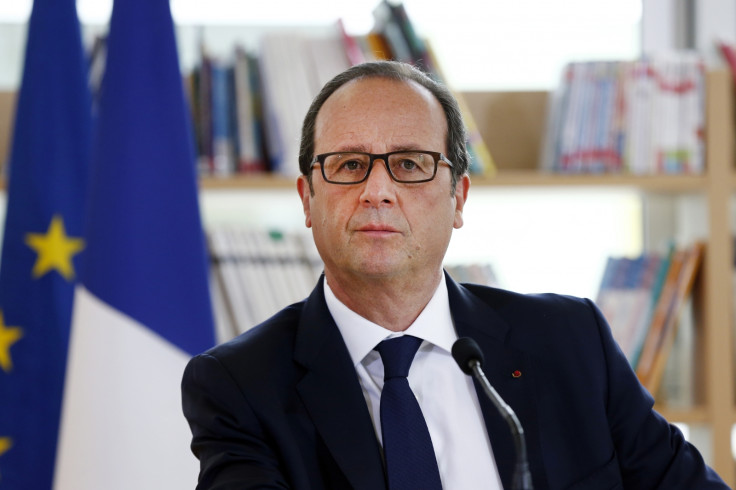France the Sick Man of Europe as Manufacturing Adds to Economic Woes

Weak demand continues to plague the Eurozone, with French output falling to an eight-month low in October.
The second biggest Eurozone economy has fallen below the mark that indicates economic expansion, according to the latest purchasing managers' index (PMI) from Markit.
French manufacturing is also suffering, with Markit's sectorial index falling to a two-month low.
It will add to the European Union's fears of deflation across the single currency zone and comes as ratings agency Standard & Poor's warned that the Eurozone could be set for a "stubborn period of subdued growth".
France is certainly acting as one of the key players acting as a drag on the growth in the Eurozone as a whole
While the rest of the Eurozone performed slightly better (Markit's overall PMI shows the region actually improved on September, beating analysts' expectations), it will add fuel to the fire that France is the most vulnerable of the major European economies.
Markit's chief economist Chris Williamson told Reuters: "Given that government spending is probably still rising in France, this is probably a sign of stagnation in the economy that we are signalling at the start of the fourth quarter. France is certainly acting as one of the key players acting as a drag on the growth in the Eurozone as a whole."
Commenting on France's flailing services sector – which also fell to an eight-month PMI low – he said: "It looks like the situation is going to worsen instead of improve as indicated for example by new orders."
Better news came for Germany, where manufacturing beat analysts' expectations to rise to its best reading since July. Markit economist Oliver Kolodseike said: "Activity increased at a slightly stronger rate than in September and encouraged companies to take on additional workers. However, margins were under pressure, as companies reduced their charges despite rising input costs. Our panellists reported that they reduced their charges in a response to increased competitive pressures.
"While the service sector remained the driving force in terms of output growth, manufacturing recovered some of the ground it had lost last month, with the headline PMI edging back into expansion territory and signalling an improvement in operating conditions in the sector."
Plenty of concern remains, however, that the German economy will enter recession by the end of the year. Its famed exports sector fell by an astounding 5.8% in August – the biggest drop for five years. Coupled with business confidence reaching nine-year lows, a second successive quarterly contraction is widely expected.
Analysts are warning that the region as a whole is also "dangerously close to recession territory", with PMI data reflecting the anaemic GDP growth figure (around 0.2%) the region is reporting.
"In all, the survey does little to reduce the risk that the single currency area is entering its third recession in six years. With governments so far unwilling or unable to respond with a fiscal boost, the pressure on the ECB for more monetary policy support is intensifying," wrote Jennifer McKeown, senior European economist at Capital Economics, in a note.
© Copyright IBTimes 2025. All rights reserved.






















